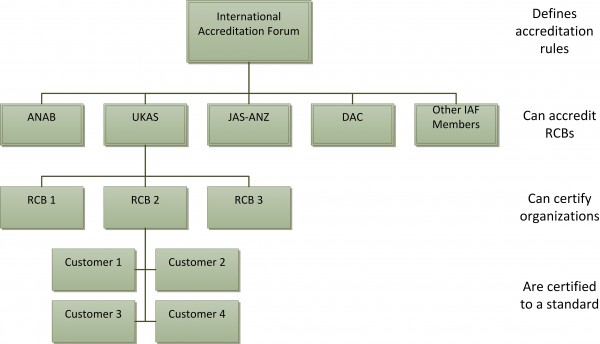Get in touch
Privacy Notice
X
When you submit an enquiry via our website, we use the personal data you supply to respond to your query, including providing you with any requested information about our products and services. We may also email you several times after your enquiry in order to follow up on your interest and ensure that we have answered your it to your satisfaction. We will do this based on our legitimate interest in providing accurate information prior to a sale. Your enquiry is stored and processed as an email which is hosted by Microsoft within the European Economic Area (EEA). We keep enquiry emails for two years, after which they are securely archived and kept for seven years, when we delete them.





